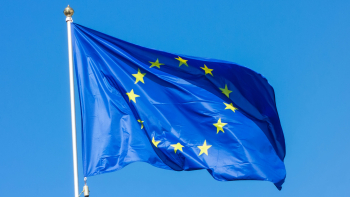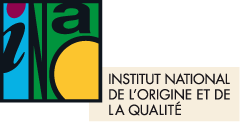Opposition procedures (PNO and European procedure)
Following the opinion of the relevant INAO national committee, the specifications for products with a quality and origin identification sign (SIQO) filed by the applicant are subject to an opposition procedure.
This is firstly national for all SIQOs, excluding Organic Agriculture. For PDOs, PGIs and TSGs, a European opposition procedure is organized prior to the European registration of a product.
The national opposition procedure
The purpose of the national objection procedure (PNO) is to inform the public of the proposed recognition of a new PDO, AOC, PGI or GI, and Label Rouge, and the corresponding draft specifications, and to collect any objections from any individual or legal entity with an interest in taking action. Its duration is set at 2 months.
The European opposition procedure
Applications for registration of a PDO, PGI or TSG, or applications to amend their specifications, from a Member State of the European Union or a third country and published in the Official Journal of the European Union, are subject to an opposition procedure under the conditions set out in article R.641-22 du code rural et de la pêche maritime.
As part of this opposition procedure, any natural or legal person having a legitimate interest and established or resident in a Member State other than that in which the application originates, may lodge a notice of opposition with the Member State in which it is established.

For France, it can object by sending a duly reasoned written statement to INAO as soon as possible and without exceeding the deadline defined by European regulations, from the date of publication of the application in the OJEU (3 months for TSG, 3 months for PDO and PGI agri-food and wine).
Add the statement of opposition to:
Institut national de l'origine et de la qualité (INAO)
12, rue Henri-Rol-Tanguy
TSA 30003 - 93555 Montreuil Cedex
Tél: 01 73 30 38 00
Consulting registration applications
Registration applications published in the Official Journal of the European Union (OJEU) can be consulted directly in the Official Journal section of the EUR-LEX website or on the eAmbrosia portal available on the European Commission website.
